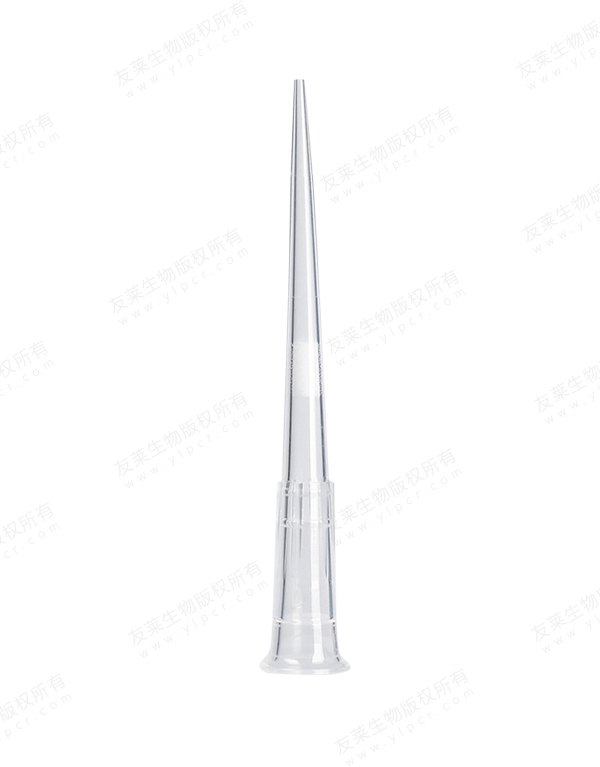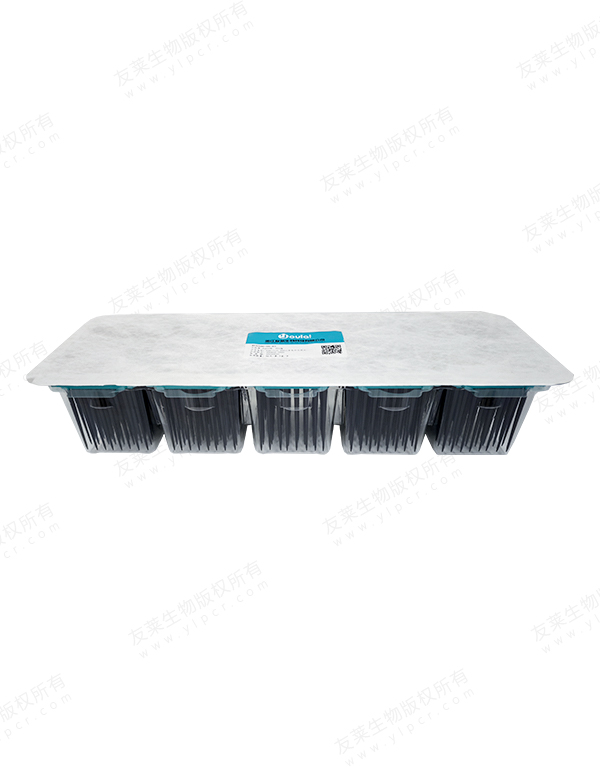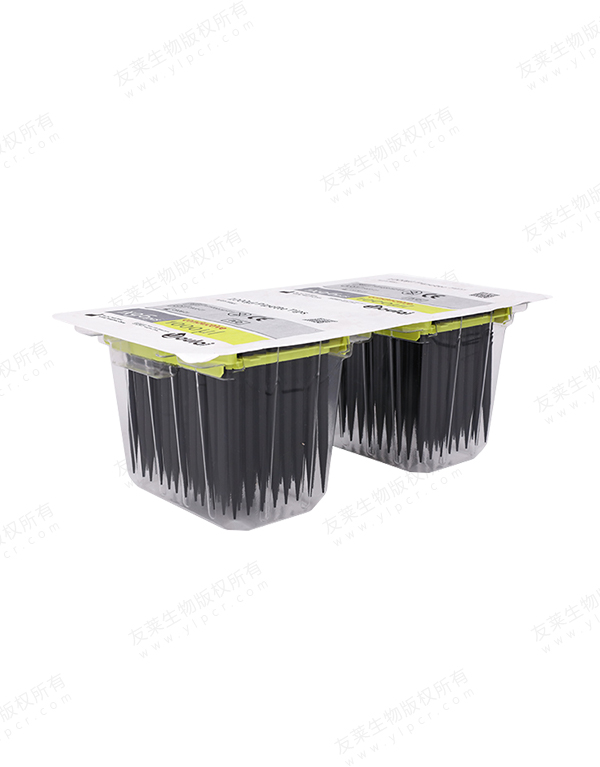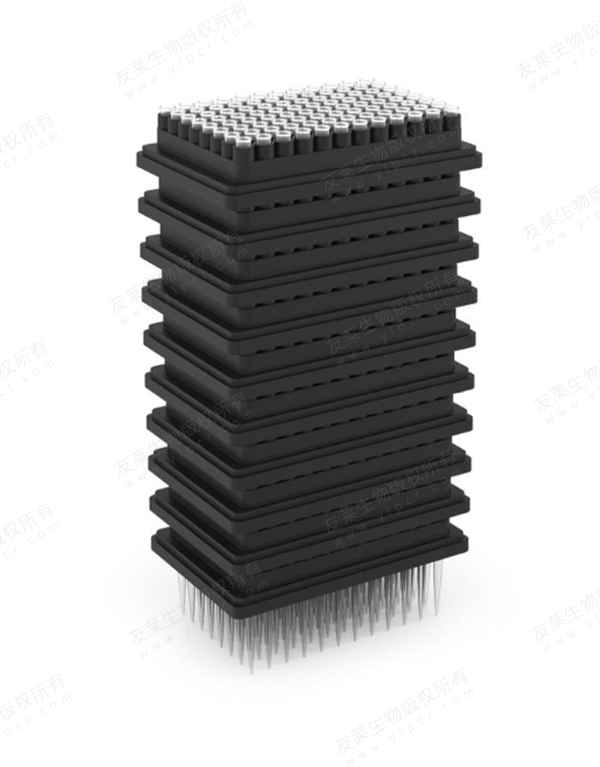By size
Large centrifugal tube (500mL, 250mL)
Ordinary centrifugal tube (50mL, 15mL)
Microcentrifuge tube (2mL, 1.5mL, 0.65mL, 0.2mL)
According to material
Plastic centrifugal pipe, glass centrifugal pipe, steel centrifugal pipe
1. Plastic centrifugal pipe
The advantage of plastic centrifuge tubes is that they are transparent or translucent, and their hardness is small, allowing for the removal of gradients by puncture. The disadvantages are easy deformation, poor resistance to organic solvent corrosion, and short service life.
Plastic centrifuge tubes all have caps that prevent sample leakage, especially when used for radioactive or highly corrosive samples; The tube cap also serves to prevent sample volatilization and support the centrifuge tube, preventing deformation of the centrifuge tube. When selecting this point, attention should also be paid to checking whether the pipe cover is tight and whether it can be tightly covered during the test to ensure that there is no liquid leakage when inverted;
We all know that common materials used in plastic centrifugal pipes include polyethylene (PE), polycarbonate (PC), polypropylene (PP), etc. Among them, polypropylene PP pipes have relatively good performance. Therefore, when selecting plastic centrifugal pipes, we should consider polypropylene plastic centrifugal pipes as much as possible.
2. Glass centrifuge tube
When using glass tubes, the centrifugal force should not be too large, and rubber pads should be placed to prevent tube breakage. Generally, high-speed centrifuges do not use glass tubes. "If the closure of the cover of the centrifuge tube is not good enough, the liquid cannot be filled up (for high-speed centrifuges and angular rotors are used) to prevent spillage and loss of balance.". The consequence of overflow is to pollute the rotor and centrifugal cavity, affecting the normal operation of the inductor. During ultracentrifugation, the centrifuge tube must be filled with liquid because ultracentrifugation requires high vacuum, and only by filling can deformation of the centrifuge tube be avoided.
3. Steel centrifugal pipe
"Steel centrifugal pipes have high strength, do not deform, and are resistant to heat, freezing, and chemical corrosion. They are also widely used. However, when used, it is also important to avoid contacting strong corrosive chemicals, such as strong acids and alkalis.". Try to avoid the corrosion of these chemicals.

 English
English русский
русский 中文简体
中文简体




